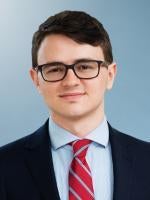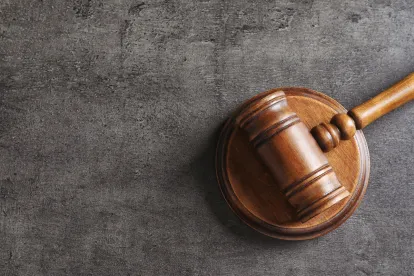A federal magistrate judge in the Eastern District of Texas recently addressed a question of first impression for the jurisdiction: Can professional plaintiffs who manufacture TCPA claims face counterclaims for fraud brought by the defendant in an abusive lawsuit? According to the magistrate and the district judge that adopted her recommendation, the answer is yes.
In Cunningham v. USA Auto Protection, LLC, the plaintiff—professional litigant Craig Cunningham—alleged that defendant USA Auto Protection (USA Auto) made over twenty telemarketing calls to Cunningham’s cell phone without his consent. Case No. 4:20-cv-142, 2021 WL 434243, at *1 (E.D. Tex. Jan. 8, 2021).
USA Auto asserted two counterclaims under Texas law—one for common-law fraud and the other for fraud by nondisclosure. Id. According to USA Auto, Cunningham (or his designee) completed an opt-in form on USA Auto’s website that gave it permission to call and text Cunningham’s cell phone. Id. Cunningham also called USA Auto a number of times to induce return calls and “driv[e] up the call count.” Id. at *2 (quoting defendant’s counterclaim) (alteration in original). USA Auto claimed that it detrimentally relied on Cunningham’s prior consent to receive telemarketing calls and that Cunningham violated his duty to disclose his actual desire not to receive such calls. Id.
Cunningham moved to dismiss both fraud counterclaims. Cunningham first argued that USA Auto failed to state a claim for common-law fraud because it hadn’t alleged who exactly completed the opt-in form and thus hadn’t established a connection between Cunningham and the false statements on the form. Id. at *3. USA Auto argued in response that, at the pleadings stage, it was not required to establish a direct link between Cunningham and the opt-in form. Id.
The magistrate agreed with USA Auto that it didn’t need to specify at the pleading stage whether it was Cunningham or someone acting at his direction who filled out the form. She noted that the Western District of Texas had previously dealt with this issue and had concluded that “Rule 12(b)(6) d[oes] not require the defendant to elaborately detail how the plaintiff was tied to the fraudulent inducement” related to an opt-in form. Id. at *4 (citing Franklin v. Upland Software, Inc., Case No. 1:18-cv-00236, 2019 WL 433650, at *4 (W.D. Tex. Feb. 1, 2019)) (emphasis added). The magistrate adopted the Western District’s holding and concluded that USA Auto stated a claim for common-law fraud with allegations that Cunningham (or his designee) solicited the calls via an opt-in form, took steps to induce follow-up calls, and was a “professional litigant” who lived to manufacture TCPA claims. Id.
The magistrate also recommended against dismissal of USA Auto’s second counterclaim for fraud by nondisclosure. Again citing Franklin, she noted that the Western District had held that a professional TCPA litigant—as one with “intimate knowledge” of the statute—had a duty to opt out of receiving undesired messages when he knew that someone filled out an opt-in form on his behalf and he intended to induce telemarketing calls to his phone for the purpose of manufacturing claims. Id. (citing Franklin, supra, at *4). The magistrate found that USA Auto successfully stated a claim for fraud by nondisclosure because, as in Franklin, the plaintiff (Cunningham) knew that someone consented to receiving telemarketing calls at his number, yet in subsequent conversations with the defendant, he never asked to stop receiving calls and intended to litigate the ones he had received. Id.
The district judge agreed with the magistrate’s recommendation to adopt Franklin and allow the defendant’s fraud-based counterclaims against Cunningham to proceed. See Order of Dist. Judge (Feb. 8, 2021).
The question now is whether additional courts will adopt Franklin v. Upland Software, Inc. and allow TCPA defendants to bring fraud claims against litigants who induce the calls they contest. Hopefully, the courts recognize the utility of such counterclaims in helping to end abusive litigation by professional plaintiffs.





 />i
/>i
